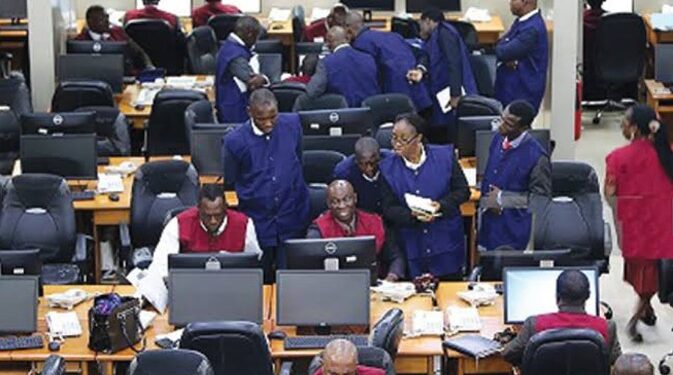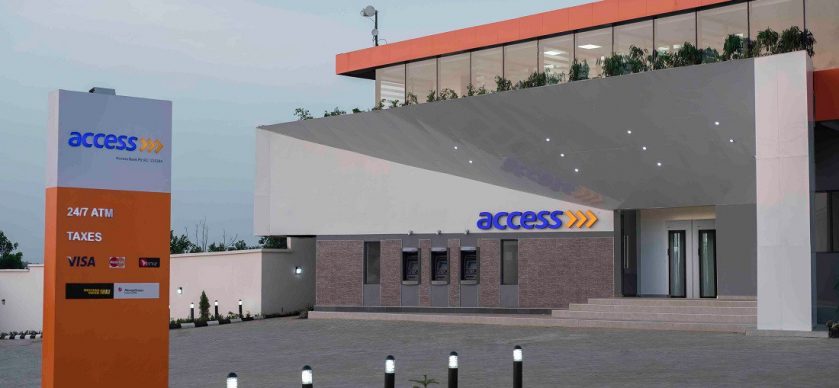Business Briefings
AfDB, IsDB Commit $610m to Address Climate Vulnerabilities in Africa

In a strategic move to address the escalating impacts of climate change in Africa’s fragile zones, the African Development Bank (AfDB) and the Islamic Development Bank (IsDB) have pledged a combined $610 million to support resilience-building efforts across the Sahel and Horn of Africa.
Details of the funding plan were revealed on the AfDB’s social media platform, though the commitment had already been cemented during a technical summit held from April 22–23 at the bank’s headquarters in Abidjan, Côte d’Ivoire.
Read Also:
- $1.1 Billion AfDB Loan: Can Nigeria Power Up 5 million Lives by 2026?
- AfDB President Slams IMF Over Unequal SDR Allocation to Africa
- AfDB Unveils $650m Annual Economic Support Plan for Nigeria
The summit brought together top executives from both financial institutions to align development frameworks, exchange insights, and explore synergies for delivering impact in climate-stressed and politically fragile states.
The partnership builds on prior engagements between the two banks, notably a 2019 civil society forum. The initiative centers on deploying integrated investments that tackle environmental degradation, economic hardship, and social instability—all exacerbated by climate change.
The $610 million package will go into financing projects designed to minimize climate shocks such as floods, droughts, and dwindling water access—challenges that compound fragility in underserved communities.
Both banks emphasized the importance of coordinated approaches that prioritize long-term stability, sustainable resource use, and community-led resilience projects.
“This partnership with IsDB is an important milestone in our ongoing mission to deliver tailored development solutions to countries in transition,” said Yero Baldeh, Director of AfDB’s Transition States Coordination Office. “Our shared expertise will drive results in areas where the development needs are the greatest.”
The IsDB delegation, led by civil society specialist Ahmed Berthe, commended AfDB’s forward-thinking stance on preemptive action. He underscored that many member nations face overlapping issues and that coordinated financing frameworks are critical for meaningful progress.
“What’s been most striking is AfDB’s proactive shift—from reacting to crises to preventing them,” said Berthe. “This collaboration allows us to merge our priorities and maximize developmental reach.”
Discussions during the summit also focused on AfDB’s Transition Support Facility (TSF), which allocated more than $610 million to climate and fragility projects in 2024 alone. Both banks expressed interest in merging tools and resources under a joint strategy to support countries where they operate in tandem.
Climate resilience remained a central theme, with both institutions pledging to launch a technical working group tasked with synchronizing data assessments, funding mechanisms, and implementation strategies for shared projects.
“This partnership aligns with our broader 2022–2026 vision for stabilizing fragile regions,” said Ozong Agborsangaya-Fiteu, AfDB’s Chief Operations Officer for Transition Support. “By pooling institutional capacity with IsDB, we’re scaling up solutions that matter.”



